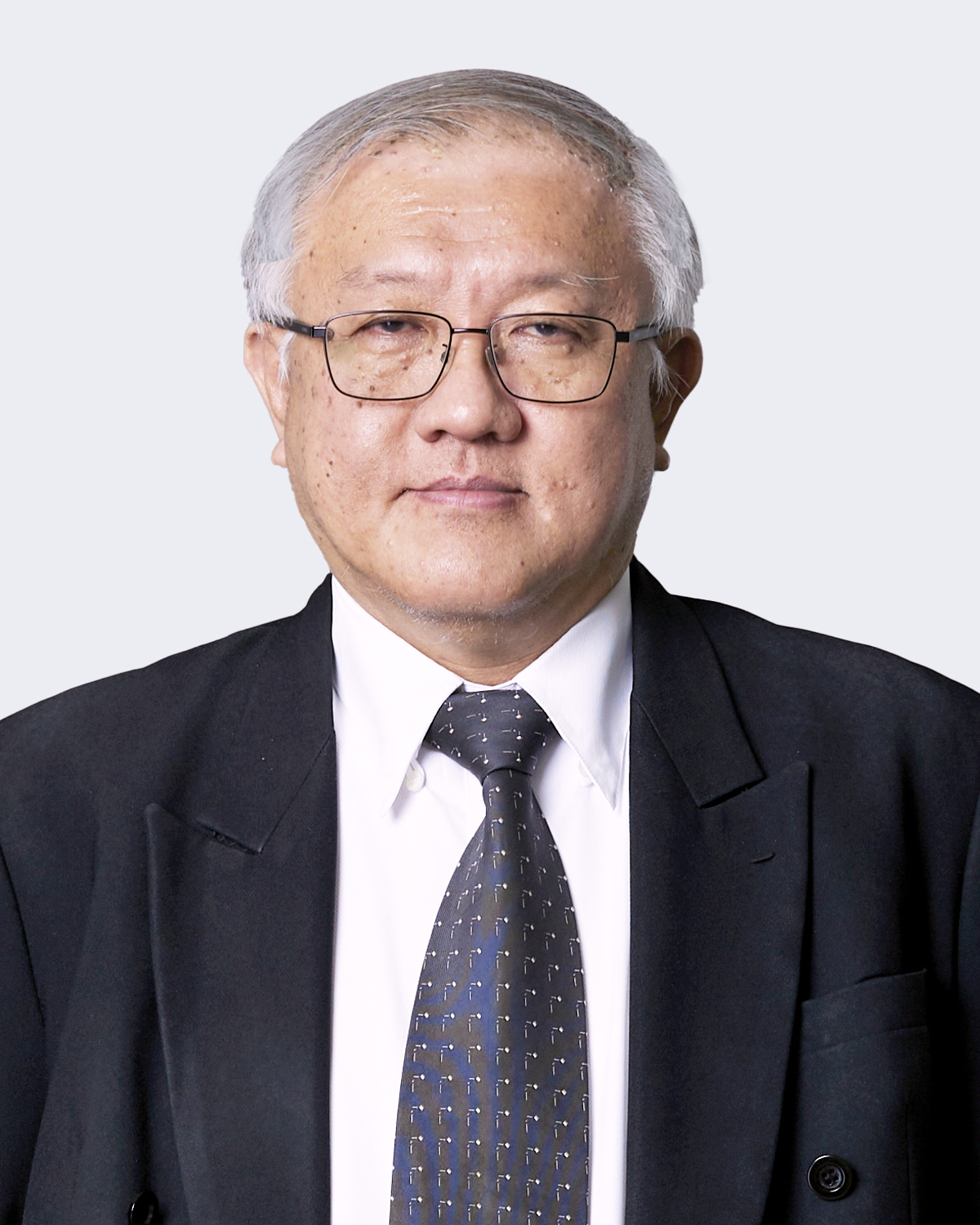Introduction
A series of perhaps unrelated drivers have resulted in a renewed emphasis on decommissioning obligations within the energy industry, from government mandates for renewable energy to the end-of-life of many oil and gas concessions and product sharing contracts around Asia and throughout the world. These circumstances have spurred governments and oil and gas interest holders to begin the robust debate on decommissioning obligations and related processes and security arrangements.
In this article, we compare the regulations governing oil and gas decommissioning in Cambodia, Myanmar, Thailand, and Vietnam—a region in which this context has become especially consequential for investors, operators, and governments and their regulators.
Cambodia
Until 2019, Cambodia’s petroleum industry was governed by the Petroleum Regulation dated September 28, 1991, which was abolished on July 12, 2019, and replaced with the Law on Management of Oil and Petroleum Products (Petroleum Law). In Cambodia, after a law is enacted, relevant government bodies usually issue delegated legislation that provides a more concrete regulatory framework for matters referred to in the law, and the implementing regulations for the Petroleum Law are expected to be released soon.
In the meantime, however, petroleum decommissioning is not rigorously regulated, and it is worth noting that there has not yet been any commercial production of oil and gas in Cambodia. Commercial production may therefore receive more attention in the near term than decommissioning obligations and security.
Under the Petroleum Law, any person that wants to conduct upstream activities, such as exploration, development, or production of petroleum, must enter into a petroleum agreement with the regulator—the Ministry of Mines and Energy. The Petroleum Law further lists minimum provisions that must be addressed in a petroleum agreement, which is effectively a form of production sharing agreement, including provisions on post-operation and environmental rehabilitation obligations. However, the Petroleum Law does not yet set out any specific requirements or provide any standard terms for these obligations.
Under the petroleum agreement, the operator has an obligation to develop an environmental protection plan during the course of operations and during the decommissioning phase. If the petroleum operator fails to adopt such a plan, and this results in any environmental damage, the petroleum operator is subject to a fine of between KHR 400 million and KHR 2 billion (approximately USD 100,000–500,000).
Future delegated legislation is expected to give more details on mechanisms to ensure that petroleum operators will satisfy their decommissioning commitments, and prudent operators in the industry should monitor the situation as it emerges.
Decommissioning under the PSC Model of Cambodia
Clause 22.4 of the production sharing contract (PSC) states that the Cambodian National Petroleum Authority (CNPA) may take ownership of the contractor’s permanent facilities used in connection with the petroleum operation. The contractor is required to notify the CNPA when a facility is no longer needed for the purpose of petroleum operation so that it may choose whether to acquire the facility. However, even if the CNPA assumes ownership, the contractor may make further use of it without payment, other than to cover normal operating and maintenance costs. Clause 22.5 states that if the CNPA chooses not to acquire the facilities, it may require the contractor to remove them at the contractor’s expense and restore the contract area, including the seabed. Finally, clause 22.6 states that all other facilities, equipment, and assets used in the petroleum operation may be freely removed and exported.
Myanmar
Myanmar has no laws or regulations specifically on oil and gas decommissioning yet, but the following legislation governs oil and gas exploration and production:
- Oilfields Act 1918
- Oilfield Rules 1936
- Oilfields (Labour and Welfare) Act 1951
- Petroleum Resources (Development, Regulation) Act 1957
- Law Amending the Petroleum Resources (Development, Regulation) Act 1969
- Myanmar Petroleum Concession Rules 1962
The rules issued under the Petroleum Resources (Development, Regulation) Act also provide guidance on how to restore oil fields, both onshore and offshore, after the end of the oil field’s life span.
There is also the draft Law on Petroleum Exploration, Appraisal and Production, currently under consideration by the Myanmar parliament, which does provide legal provisions for decommissioning. If enacted, this will repeal the Petroleum Resources (Development, Regulation) Act, and issues of retroactive application will certainly arise as operators and interest owners examine the impact of new regulations.
The draft law contains requirements for reporting and approval before decommissioning, the reporting period, restoration of decommissioned oil fields, and liabilities and costs of decommissioning. Various regulations to be issued after passage of the law will provide details on proper compliance with decommissioning obligations.
Apart from the legislation mentioned above, the Environmental Conservation Law requires an environmental impact assessment (EIA) and environmental management plan for various production, storage, and offshore transport operations, as well as for decommissioning.
Besides government-owned oil fields, oil and gas fields (mostly offshore) operated by foreign investment started production from 1998, and it is possible these oil fields will not start being decommissioned until 2028, when the 30-year PSCs expire. These originally contained little or no language on decommissioning. This lack of contractual provisions, combined with the fact that fields are reaching the end of the production period, naturally creates significant challenges. It may well be that the draft Law on Petroleum Exploration, Appraisal and Production and its regulations will address the absence of prior regulation in this regard. If so, industry challenge of retroactive applications of new laws can be expected.
Thailand
Thailand’s oil and gas decommissioning obligations are defined in two main legal documents: the petroleum concession agreement relevant to that concession block and the current form of the PSC, and sections 80/1 and 80/2 of the Thailand Petroleum Act as amended in 2007 (along with implementing ministerial regulations), which applies to both the concessionaire and the PSC contractor.
The 2007 amendments to the Petroleum Act include provisions requiring the concessionaire and PSC contractor to submit a decommissioning plan for the government’s approval, provide cost estimates, and offer a financial security to guarantee decommissioning liabilities. Operators must also propose the decommissioning of properties no longer in use. In addition, operators must transfer assets with remaining useful life to the government upon concession or PSC expiration, as directed by the government.
Concession agreements generally state that the “Concessionaire shall deliver up to the Government of Thailand free of charge” all remaining assets, and that “the properties which are not useable shall be removed by Concessionaire in accordance with the Government’s instruction.” They also typically state that, during the last five years of the concession, the operator is not to remove assets without prior approval.
There is substantial uncertainty around the decommissioning liabilities and costs associated with assets transferred to the government under Ministerial Regulation 22, issued in 2016. These regulations place burdens on concessionaires or PSC contractors to transfer usable assets back to the government but to retain decommissioning liabilities for those transferred assets. This has raised much uncertainty, principally surrounding two matters: (1) the responsibility and liability of the concessionaire or PSC contractor to complete the decommissioning of assets that have been transferred to the government; and (2) the obligation of the concessionaire or PSC contractor to provide security to cover the transferred asset decommissioning costs under the Petroleum Act and Ministerial Regulation 22, when such a security was not stipulated in the concession agreement or the PSC at the time of its execution. On the largest oil and gas assets in Thailand, the companies and the government are likely to either seek clarification of these ministerial regulations or reinforce existing positions on them.
Decommissioning under the PSC Model and under the Current Concession Agreement
Clause 10(16) of the PSC requires the contractor to dispose of or transfer property and remit proceeds to the Department of Mineral Fuels. Clause 19(2) goes on to stipulate that property procured by the state must be returned.







